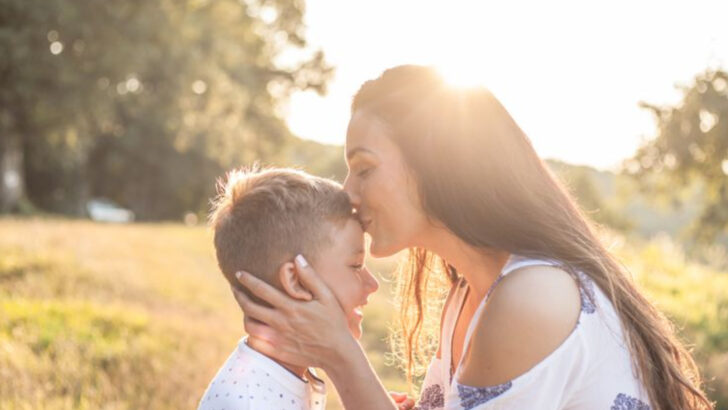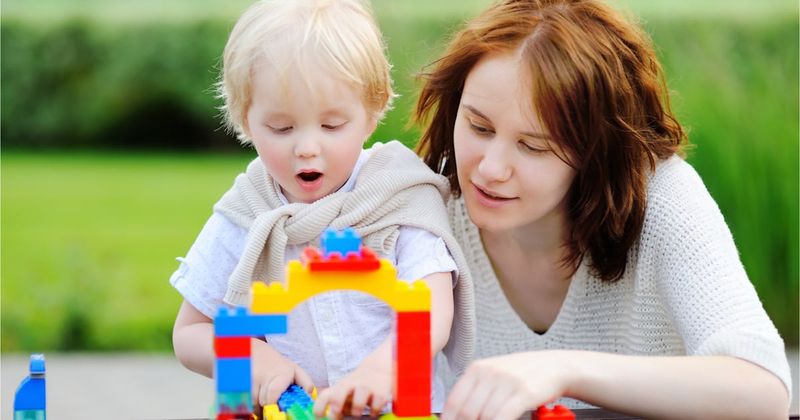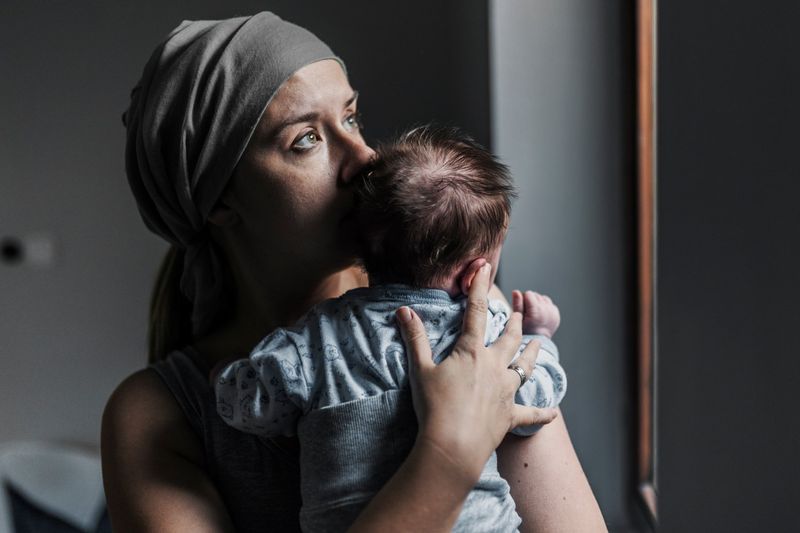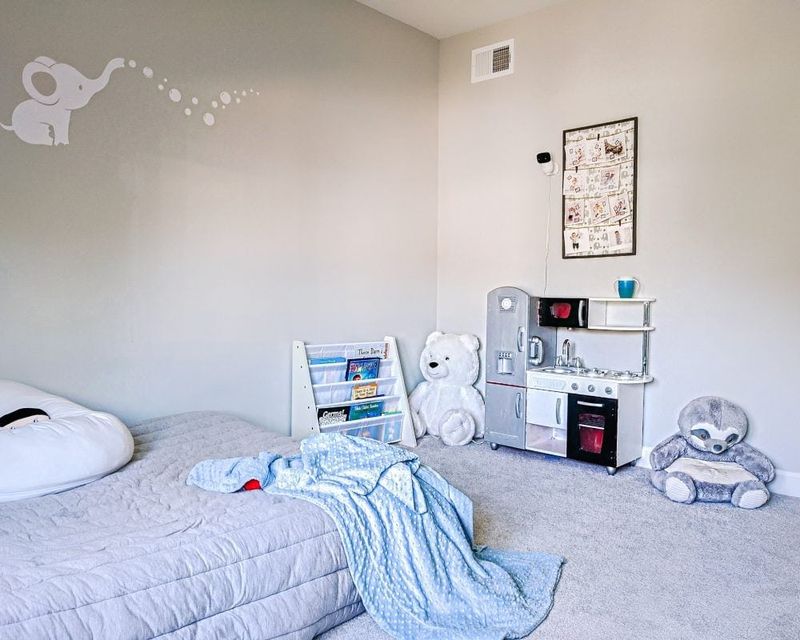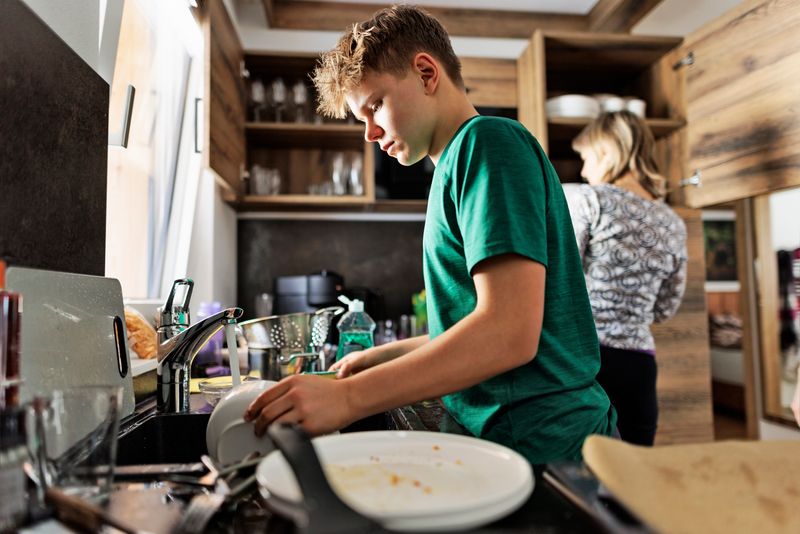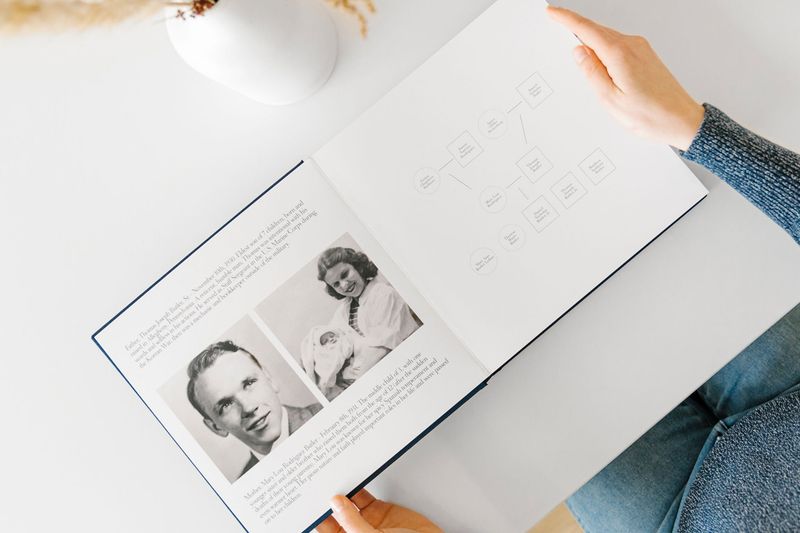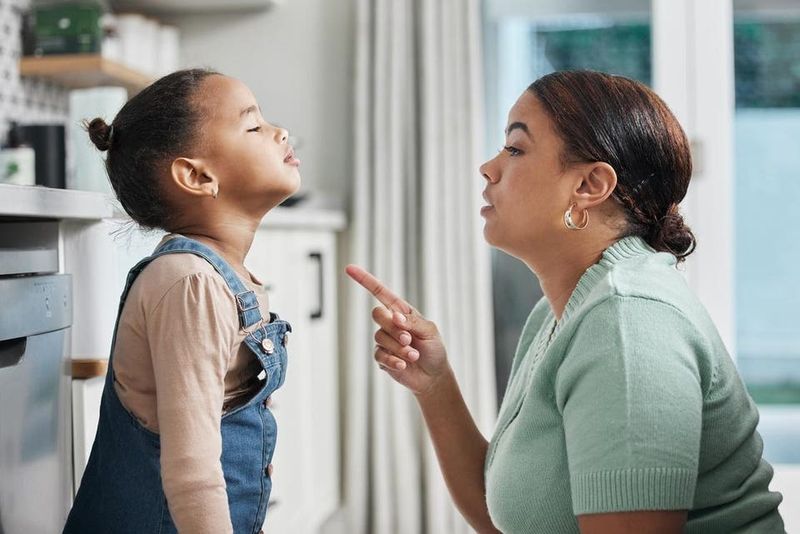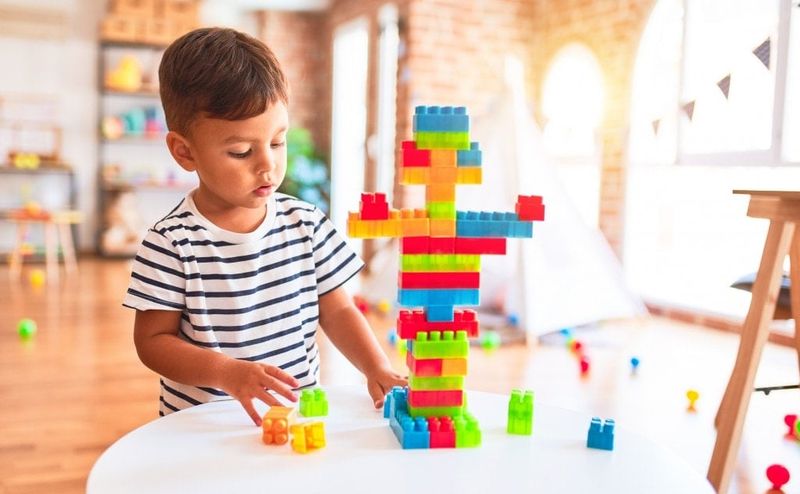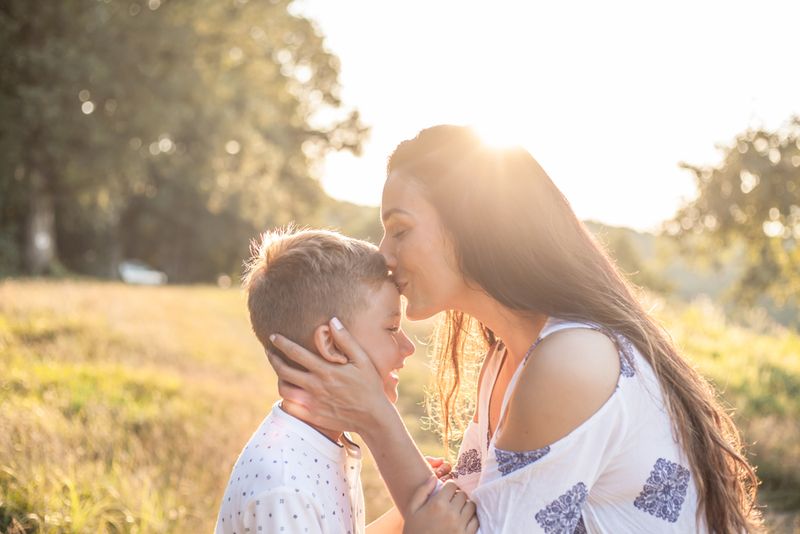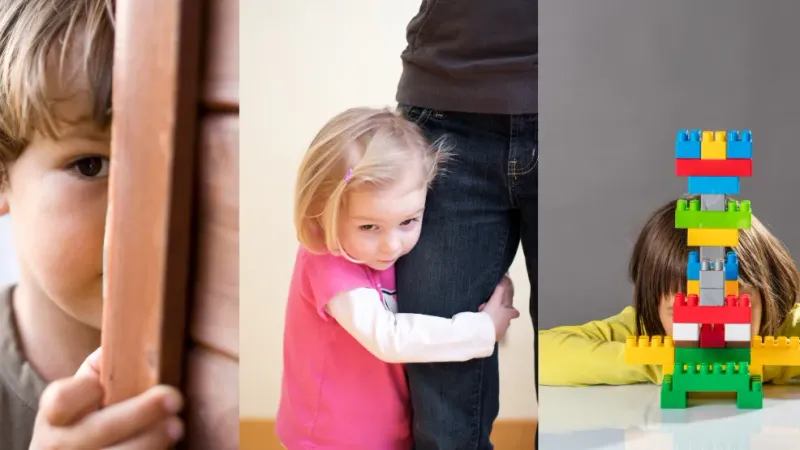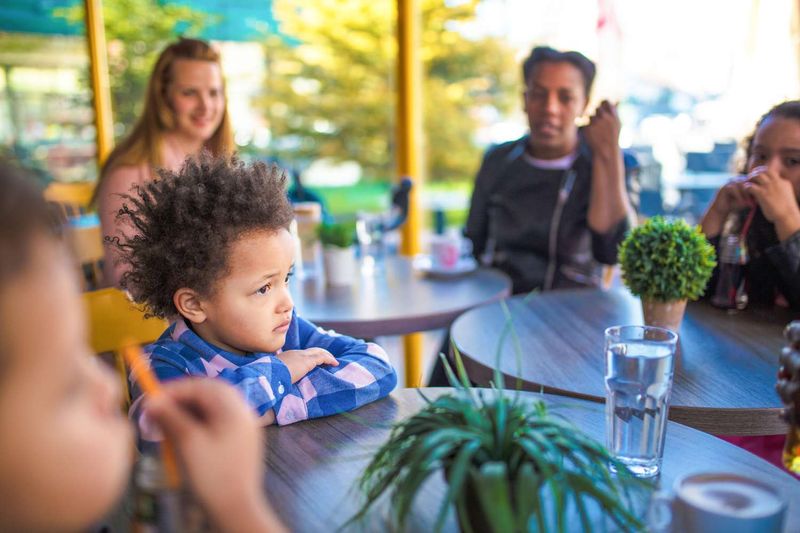You know that feeling when people tell you parenting is hard, but you look around the playground and wonder if anyone really gets your version of hard?
Raising an only child comes with its own unspoken rules, invisible burdens, and moments that just don’t translate when all your friends have a pack of siblings running wild at home. Some days, it’s like walking a tightrope with no safety net—while everyone else seems to have a backup crew.
If you’ve ever felt the weight of being your child’s everything, or caught yourself wondering if you’re doing it “right,” this is for you. Here’s what people don’t talk about enough—the 16 things that are just plain harder when you’re the parent of an only child.
1. Carrying the Whole Dream
Ever lay awake at 1 a.m. convinced you might be the only person in the world who can’t just relax? Every hope, every dream, and every irrational fear you’ve ever had for your child, they all land on one set of tiny shoulders. There’s no one else to split the load, no sibling to share the “potential.”
If your only child wants to quit soccer or drop out of band, you feel it in your bones. It’s not just disappointment; it’s the quiet terror of seeing one door close and wondering if another one will even exist. The stakes feel astronomically high—sometimes, you don’t even tell other parents because they just don’t get it.
People say, “Just let them be happy.” Sure. But when you only get one shot, it’s hard not to see every decision as make-or-break. Sometimes, it’s exhausting being both the dreamer and the reality-checker. You wouldn’t trade your kid for anything. But you might give up a little bit of that pressure, if only you could.
2. Loneliness Isn’t Just a Kid Thing
You know the cliché: only children get lonely. But here’s a surprise—so do parents. Birthday parties, holidays, even Saturday mornings, you’re aware that it’s just you and your kid, making your own traditions from scratch.
Other families joke about the chaos of sibling fights and crowded dinners, but there are times you just long for the noise. You wonder what it would be like if your living room felt a little less quiet or your road trips needed more snacks and pit stops.
When your child asks you to play—again—you say yes, even when you’re tired. Because you’re not just parent; you’re playmate, secret-keeper, and at times the entire audience. The weight of making sure they don’t feel alone? It’s heavier than you expected.
3. The Pressure to Be Everything
Do you ever look around and realize you’re filling so many roles you forget which one is actually you? You’re confidante, coach, rival, and cheer squad. There’s no tag-team partner to pass the baton to when your patience wears thin.
Other parents talk about their kids playing together, fighting one minute and giggling the next. You’re the one who needs to invent the games, create the magic, and keep the spark alive—every time. There are days when you wish just once, someone else could step in and save the day.
You show up, even when you’re running on empty. You play Uno after dinner, help build forts from scratch, and listen to every story—three times. It’s rewarding, but don’t let anyone tell you it’s not relentless.
4. No Backup When You’re the Bad Guy
You know those moments when you have to say no to dessert, screen time, or a last-minute sleepover? As the only-child parent enforcing the rules, you get all the eye rolls and pushback with no big brother or sister to share the blame.
With siblings, parents can play good cop/bad cop or at least deflect a little heat. But your only child? You’re the lawmaker and the scapegoat, all at once. Sometimes, you wish your child had someone else to vent to about how unfair life is.
You hold your ground because you have to. But let’s be honest—it stings a bit when there’s nowhere for your kid to turn except right back to you. The aftermath can feel like walking on eggshells, wondering if you did the right thing.
5. Overthinking Every Choice
Did you ever wonder if you’re overthinking things, or if that’s just being a mom? Every decision—from summer camp to what’s for lunch—feels like it matters 10 times more. There’s no older sibling to test out summer soccer first, or little one to distract you from agonizing over every sign-up sheet.
You weigh options endlessly, then double back and second-guess yourself. Did I pick the right school? Should I let her try ballet? Am I failing if she hates piano lessons after all that money?
Some days, the mental load feels ridiculous. The pressure to get it “right” hovers over even the smallest decisions. You know what’s wild? Some choices don’t even matter as much as the anxiety makes them feel—but it’s hard to let go of the weight.
6. The Quiet of an Empty House
There’s a strange hush that settles after bedtime. No whispers from the next room, no footsteps racing down the hallway, just the sound of your own thoughts. You imagined parenthood would be noisy, but sometimes the silence feels almost loud.
You tidy up toys that only one child ever played with, and each pair of shoes by the door is a reminder that your family is smaller than most. It’s not sad, exactly. But it’s something you notice, even when you pretend you don’t.
You make peace with the quiet, learn to appreciate the small moments, and fill the house with music or laughter when you can. But on some nights, you miss the chaos you never had.
7. The Art of Letting Go (Sort Of)
You ever stand at the edge of the playground and watch your kid walk away, hoping they make a friend today? Letting go isn’t a one-time event—it’s the daily practice of trusting your child will be okay, even if you’re not there to orchestrate every moment. When you have only one, it’s tempting to hover just a little bit longer.
You try not to hover. But you peek around corners, sign up for volunteer spots, or linger at pickup—just in case they need you. There’s no sibling buffer, nobody to bridge the gap or be their instant friend.
It’s a balancing act between protection and freedom. You want to let them fly, but you’re secretly holding the safety net.
8. No Sibling to Share the Blame
Remember that old excuse—“It wasn’t me, it was my brother!”? Yeah, not an option here. When something breaks, spills, or mysteriously disappears, everyone already knows who did it.
Your child’s victories are all theirs, but so are the mistakes. It’s tough. There’s no one to shoulder the blame, help cover up the chaos, or laugh about it later.
You try to teach forgiveness and accountability, but sometimes wish your kid had someone to conspire with, just once. It’s not about getting away with mischief—it’s about not being alone in the mess. In certain moments, you miss the conspiratorial grin between siblings more than you expected.
9. Every Friendship Feels Like a Big Deal
Here’s the thing—when your child makes a friend, it feels monumental. You want to throw confetti every time they get an invite, because you know how hard it can be to find “your person” when there’s no sibling built-in.
Every playdate is a logistical math problem. You worry about making the right impression, picking the perfect snack, and whether your kid will click with the other kids or sit on the sidelines. The pressure is real.
You celebrate the good days and offer hugs after the awkward ones. You know deep down, these friendships matter just a little bit more—because you’re not just raising a child, you’re helping them build a world outside your front door.
10. No One to Pass Down the Stories
Ever notice how family stories seem to echo louder in houses with more than one kid? As an only-child parent, you’re the keeper—and sometimes the entire audience—for every memory, every silly anecdote, every lesson learned.
You retell old stories, hoping your child remembers the details. But there’s no one to swap memories with, no sibling to say, “Remember that time…?” It’s a lot of legacy to hold in one little pair of hands.
You write down the funny things they say, keep every drawing, snap every photo. Still, you wish you had another person to share the weight of your family’s history, sometimes.
11. All Eyes on You, All the Time
You ever just want to blend into the background for a minute? When you’re the parent of an only child, there’s no hiding. Your kid watches you—really watches you. Every word, every reaction, every sigh.
You become hyper-aware of your moods. If you’re upset, they notice. If you’re distracted, they call you out on it. There’s no sibling to deflect attention or break up the intensity.
Some days, it’s flattering to mean so much to someone. Other days, it’s like living under a microscope. You learn to be intentional with your words—even though, you wish you could take a break from being the example.
12. No Sibling Rivalry, No Instant Playmate
Sibling rivalry is a headache, or so people say. But rivalry also means built-in playmates and someone to negotiate with over who gets the last cookie. Your child learns to play solo—and you invent new ways to keep things interesting.
You watch other parents referee squabbles or juggle the chaos of multiple voices, and part of you envies the commotion. At your house, it’s quieter, neater, and at times a little less spontaneous.
You set up playdates, join clubs, and encourage independence. That’s great. Still, a part of you wonders how different things would be if there was someone else to test the rules or share the boredom.
13. Coping with All the Firsts—and Onlys
Every milestone is an event, and also a goodbye. The first loose tooth, the first school concert, the first sleepover—all of them are the one and only. There’s no chance to improve on your “performance” the next time around.
You try to savor each moment, snapping pictures and promising yourself you’ll remember. But there’s a weight to knowing you won’t get a do-over.
You cheer the loudest, shed the most tears, and hold on just a little bit tighter. Maybe other parents find the next first easier—but for you, each is both thrilling and a little heartbreaking.
14. The Single Shoulder for Future Burdens
We don’t like to think about it, but one day you might need help. For only-child parents, there’s no sharing the responsibility when hard times hit—aging, illness, or just the everyday curveballs life throws.
Your child will be the sole bearer of whatever comes next. That’s a lot to place on one person. You want to protect them, but you can’t guarantee life will be easy.
So you plan, you save, and sometimes you worry. You hope you’ll be enough support now, so it won’t feel so lonely for them later. It’s not a burden, but it is reality.
15. Second-Guessing Social Skills—Constantly
You ever catch yourself comparing your child’s social skills to those of your friends’ kids? Every playdate is a little test. Did she share? Did he speak up? Was it awkward or effortless?
You wonder if not having a sibling means missing out on practice for conflict, compromise, and teamwork. You overanalyze their every interaction, sometimes spiraling into worry when things don’t go perfectly.
But here’s the twist—every now and then, your child surprises you. They find their own rhythms. Still, you always watch a bit more closely than you thought you would.
16. Feeling Like an Outsider in Family Spaces
Have you ever felt your small family stands out—almost like you didn’t get the memo? Restaurants, school events, family reunions—you notice the tables filled with siblings and cousins, while your three-person crew quietly takes it all in.
There’s nothing wrong with being small. But at times you feel like you’re watching from outside the window. People ask if you’ll “try for another,” not realizing what that question means to you.
You celebrate your own unique bond. But in family spaces that seem designed for bigger crowds, it’s easy to feel like you’re living an alternate version of the story. It’s not lesser—just different.

